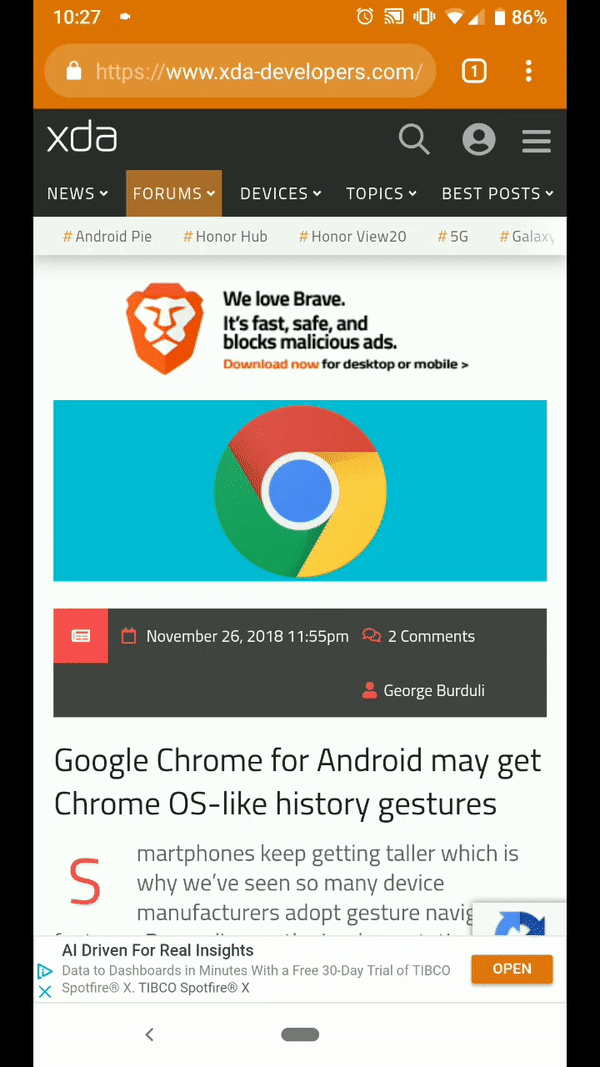

JavaScript: Sites usually use JavaScript to display interactive features, like video games or web forms.Images: Sites usually show images to provide illustration, like photos for online stores or news articles.They make your online experience easier and save browsing information. Cookies: Cookies are files created by websites you visit.Given that, Google’s pushing back the deprecation of third-party cookies is huge.īut regardless of the deadline, investing in the cookieless future sooner rather than later is a wise bet for all stakeholders. Why it matters:Although much of the digital economy-including mobile apps and CTV-do not rely on third-party cookies, Chrome represents two in three browsers used on a global basis. “But in the medium term, it will just add to the market confusion as even more alternative solutions appear and/or we’ll see more experimentation.” Many brands could find this prolonged waiting period annoying, given ambiguity around the cookie-less alternatives on the market.Īnalyst insight: “While this might be a short-term relief to marketers and advertisers, obviously it’s just a stay of execution,” said principal analyst Dave Frankland.
TIKTOK DOWNLOAD CHROME HOW TO


On Wednesday, Seedtag announced over $250 million of funding for its cookieless contextual advertising solution.The losers:This could be a blow to upstart vendors who are trying to woo brands and agencies to their post-cookie solutions. Though admittedly it’ll be hard to take much market share from Chrome, this new delay will allow these players to consolidate their hold on such consumers. Other browsers, such as Mozilla's Firefox and Apple's Safari, have made the decision to disable third-party cookies by default to appeal to privacy-conscious consumers.Following the announcement, The Trade Desk, ironSource, and PubMatic all saw gains surpassing the market at large. Adtech firms that have benefited from the cookie regime should stand to benefit in the short-term.Early adopters “have a chance to further refine their strategies and prove out effectiveness against historical cookie-based metrics, and may be able to take off the training wheels before the deadline hits, which would be ideal,” says analyst Evelyn Mitchell.The winners: Considering they’re still dealing with Apple’s privacy changes, inflation, and fluctuating ad expenditures, many should be breathing a sigh of relief. The number saying they had “limited to no knowledge” dropped to just 6%. Knowledge about cookies has also increased, with 30% of publishers saying they had a “strong understanding” of cookies compared with 23% in 2021. Half (50%) of US publishers feel the deprecation of third-party cookies could be an opportunity to differentiate via their own first-party data, up from 25% who said the same last year, according to Teads.


 0 kommentar(er)
0 kommentar(er)
